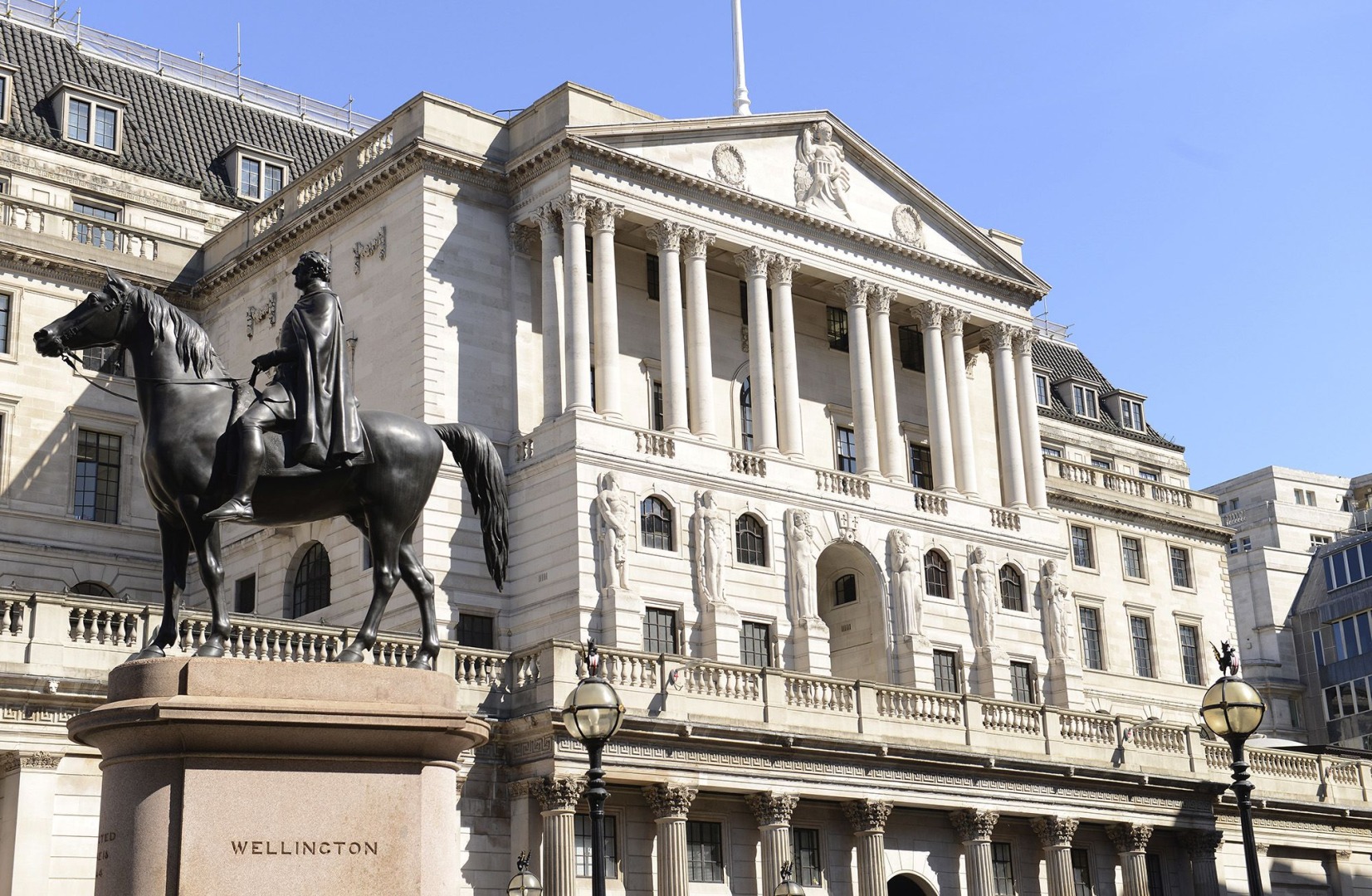Comments
- No comments found

The Bank of England (BoE) has raised interest rates for the eleventh time in a row, reaching a post-financial crisis high of 4.25 percent.
Inflation in the United Kingdom is currently higher than any other of the world's advanced economies.
Policymakers claimed the Bank of England was ready to act in the event inflation continues to climb.
The move is part of the bank's efforts to combat the UK's worst inflation crisis in four decades, with the rate of price increases reaching 10.4 percent last month.
Andrew Bailey, the bank's governor, and his team of rate setters increased borrowing costs by 25 basis points, signaling a focus on taming price pressures rather than easing strain on the global banking system.
The Bank of England's cumulative tightening process has now reached over 400 basis points since December 2021, making it one of the most aggressive rate rise campaigns in history. The bank's efforts to chill spending and reduce inflation have put pressure on households and businesses, with higher rates incentivizing individuals to save rather than spend and deterring businesses from borrowing to invest.
The UK's high inflation rate has been attributed to a range of factors, including supply chain disruptions caused by the pandemic, increased demand as the economy rebounds, and Brexit-related factors such as labor shortages and higher costs of imported goods. The Bank of England's rate hikes are intended to cool demand and reduce inflationary pressures.
While the Bank of England's efforts have been praised by some for their effectiveness in controlling inflation, others have expressed concerns about the impact on households and businesses. Higher rates can lead to higher mortgage rates, reducing consumer confidence and putting downward pressure on house prices.
Central banks worldwide are also grappling with the challenge of rising inflation, with the US Federal Reserve and the European Central Bank also raising interest rates. However, some analysts suggest that further rate increases may do little to combat inflation and could even lead to unnecessary recessions.
Despite the economy being flat, it is now anticipated that there will not be an increase in unemployment. This is notable considering the magnitude of the energy crisis, as the situation could have been far more severe.
The Bank of England's aggressive interest rate hike campaign reflects its commitment to tackling the UK's worst inflation crisis in four decades. While the impact on households and businesses is a concern, the bank's efforts are aimed at cooling demand and reducing inflationary pressures. The challenge of rising inflation is a global one, and central banks worldwide are facing tough decisions about how to balance the need for economic growth with the need for inflation control.
Leave your comments
Post comment as a guest